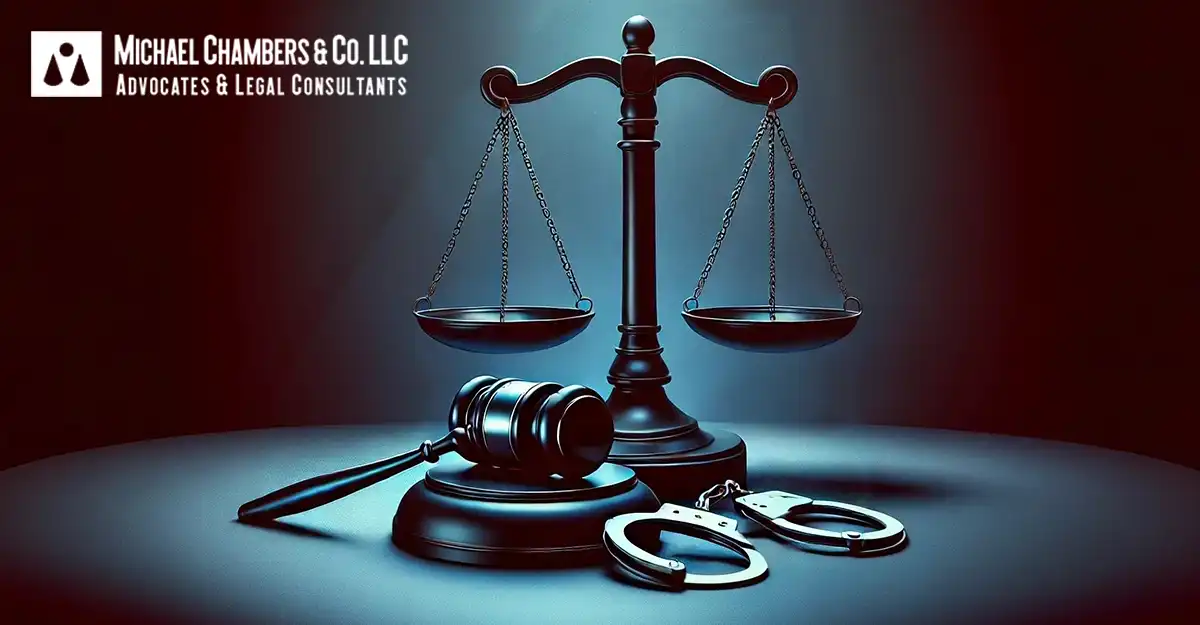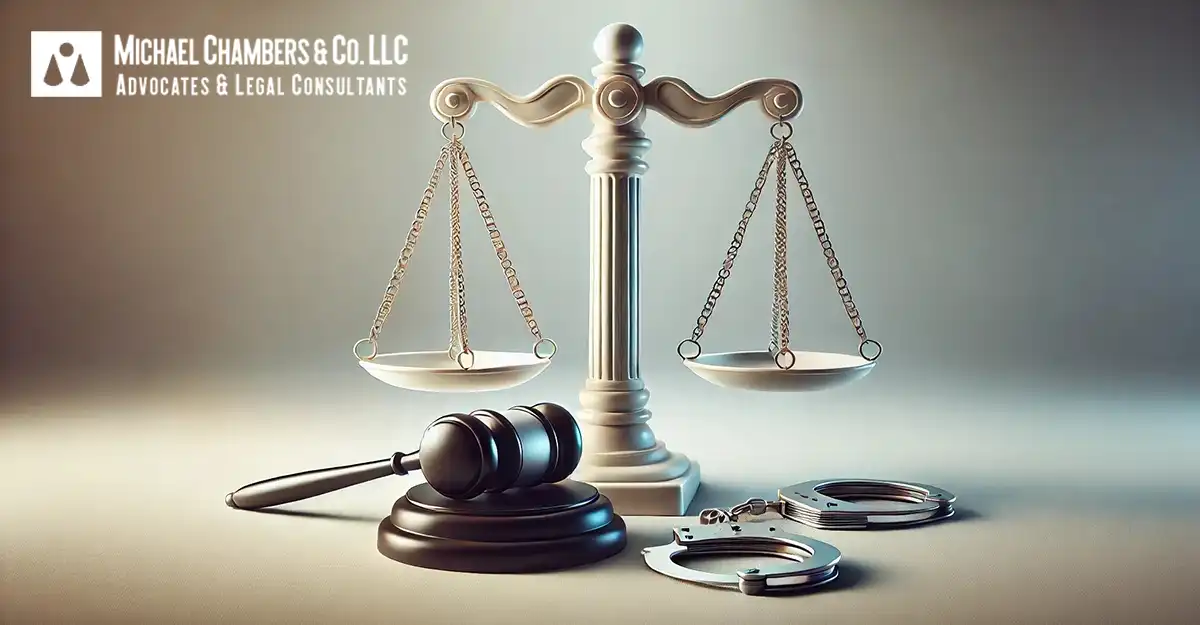Each year hundreds of buyers are attracted to purchasing real estate on the island of Cyprus. With a system of registered land and a legal process broadly based on that of England and Wales, buying a property in Cyprus is relatively straightforward. However, as with any jurisdiction, there are a number of potential snares of which a purchaser needs to be aware in order to avoid difficulties. In this article we will outline some simple precautions that a purchaser of property in Cyprus can take in order to protect his investment and ensure that his acquisition proceeds as smoothly as possible.
1. LEGAL REPRESENTATION
The importance of a purchaser receiving independent legal advice cannot be overstated. Tempting though it may be to accept the (often innocently given) recommendation of the seller, the fact is that a purchaser needs to know that the guidance he is given by his lawyer is solely based on what is in his best interests. This is impossible to achieve when the lawyer involved is either personally or professionally involved with the seller or, worse still, when one lawyer is appointed to write the agreement for both parties.
Think sensibly and find your own independent legal representation!
2. RESERVATION FEES
Once a sale has been agreed in principle, many sellers will require a deposit to be paid in order to take the property off the market and hold it for the purchaser. Whilst this is an acceptable practice, a purchaser should not hand over any money without first seeking the advice of his lawyer and, most importantly, ensuring that a written agreement covering the terms of the reservation payment is entered into. The reservation fee agreement will cover:
- The full details of the property;
- The agreed price;
- Whether the price includes VAT;
- When, to whom and how much of a deposit has been paid;
- Whether the deposit is refundable;
- Whether the deposit will be deducted from the final price.
3. COSTS
It is imperative that a purchaser is aware of and budgets for every cost that may potentially arise during the course of a transaction. Legal fees, surveyor’s fees, VAT, stamp duty, transfer fees and immovable property tax must all be calculated and considered prior to finalizing a decision to purchase. Please see article entitled The Costs of Purchasing Property in Cyprus for more details.
4. CONTRACT REGISTRATION
Once an agreement has been signed, it is crucial that it is stamped and deposited at the Land Registry within the timeframes specified by law. If the purchaser fails to stamp and deposit in time, then he will lose the right to specific performance of the contract, which exposes him to considerable risk as the purchaser will not have the right to seek a court order to require the seller to perform his obligations under the agreement.
5. MORTGAGES
The purchaser’s lawyer will check the title deed to the property to find out whether mortgages subsist over the property prior to the sale. If there is a mortgage, this must be addressed in the contract of sale with provision being made for the discharge of the mortgage prior to the point of sale.
6. SELLER’S STATUS
An understanding of the financial status of the seller is very important in order to determine whether it is safe and advisable to proceed with a purchase. Recovery of money handed to those on the verge of bankruptcy or liquidation can be difficult. Your lawyer can undertake a simple credit reference search that will offer considerable peace of mind when handing over large sums such as those involved in property transactions.
When purchasing real estate on the island of Cyprus many buyers are relieved and pleased to discover that the system of property purchase on the island is a straightforward one with a great degree of protection offered to those investing money in property. However, buyers must be cautious and guard against difficulties by taking the simple steps outlined in this article.
Michael Chambers and Co. LLC have a reputable real estate team who are able to advise both purchasers and sellers of real estate in both the commercial and residential sectors. They are also able to advise on other property related matters, such as property litigation and landlord and tenant matters. If you wish to speak to a member of the team then please contact us.


